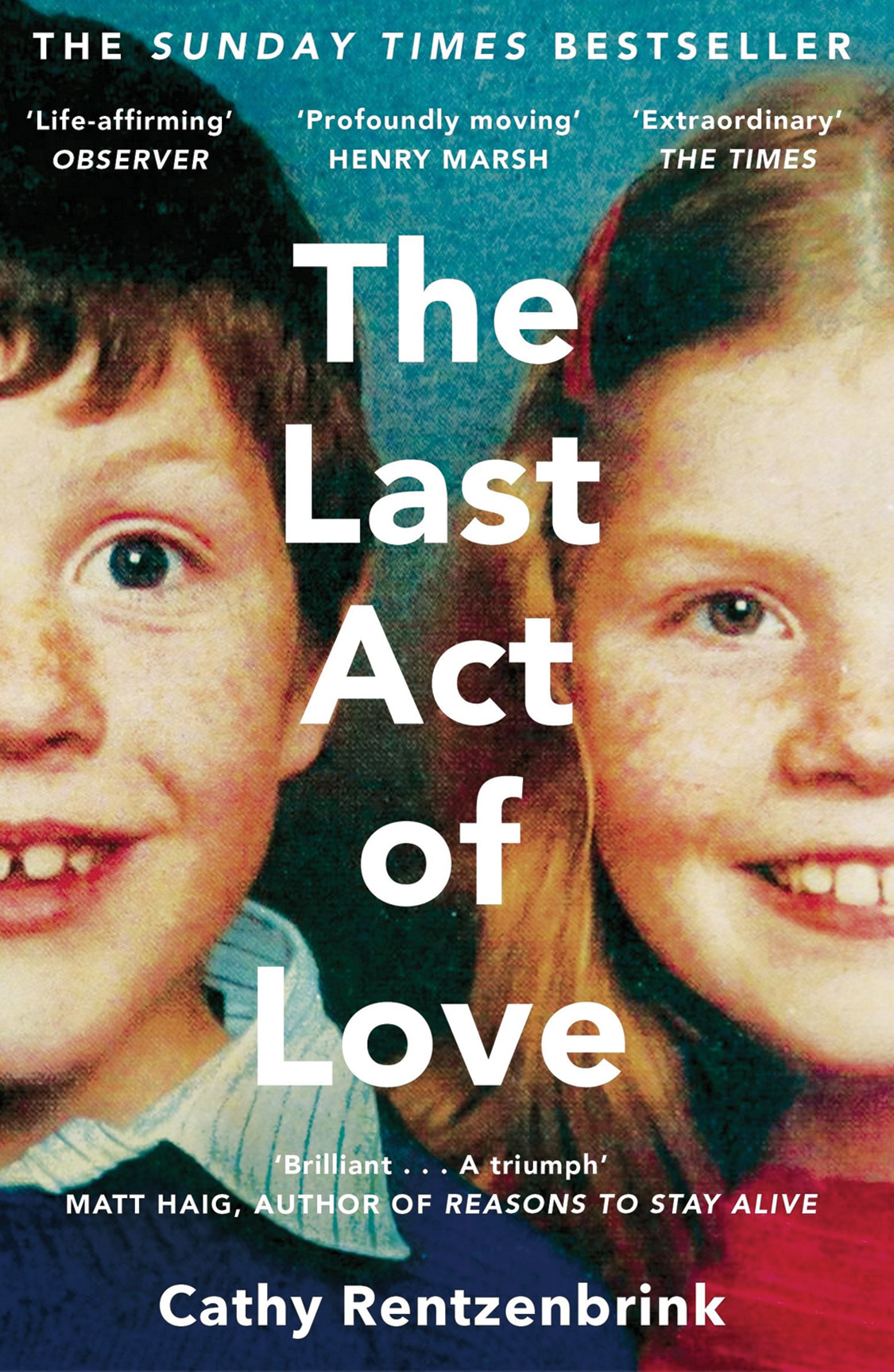I recently joined a virtual meeting hosted by Cardiff Neurology Book Club. The book discussed was The Last Act of Love, a memoir written by Cathy Rentzenbrink [1]. It tells the story of her younger brother Matty, who sustained a traumatic brain injury following a road traffic collision and was left in a persistent vegetative state.
In the book, she describes her experience of Matty’s journey and the difficult decisions faced, how the injury changed her relationship with him, and how it changed relationships with their parents. Rentzenbrink intimately explores the consequences of Matty’s brain injury, the impact it has had on her life, and how she came to terms with what happened. As such, the book provides a privileged insight into the effects of an individual’s brain injury on their family.
A key point conveyed was of the effect bereavement has on siblings. Commonly, grief support and counselling is focused on parents (or spouses) of the deceased, which risks overlooking the siblings. The author recalls family and friends asking her for updates on Matty’s condition, so as not to upset their parents. Her grief was made to feel somehow less valid; she was forced to put on a brave face and stay positive. As a result, she avoided her own struggle to cope with what might have become overwhelming feelings of guilt and grief. She also felt she should not complain about the situation, for fear of adding to the burden on her parents. It is perhaps Rentzenbrink’s ability to explore her feelings, both of guilt and grief, that gives the story as a whole its power, and its distinctive value.
Our group discussed the idea that siblings often only know their life together, and that this made adjusting to the ‘new Matty’ a challenge for his sister. By contrast, their parents will have known a life before Matty’s birth. This discrepancy is something that might increase the difficulties for siblings after catastrophic loss.
The family’s initial relief when Matty survived gradually turned to sorrow, as they saw his condition deteriorate after the initial stabilisation. Cathy felt her brother would not want to exist in a vegetative state, leading slowly to a realisation that it might have been better if he had died. She goes on to suggest that if you were to plot grief on a graph, it would look like an undulating wave rather than a straight line; grief is not linear. This analogy resonated strongly with us as a group and allowed us to gain an insight into the long-term effects of sibling loss.
The author also highlights the general lack of awareness and understanding surrounding the effects of significant traumatic brain injury. Persistent vegetative state is poorly understood by the public, and patients with this diagnosis rarely progress to a significant recovery. However, friends and family had expectations that Matty must be better and back to normal because he was at home. Their expectation of him suddenly waking up, had perhaps been fed by stories from fiction, or from the media.
The Royal College of Physicians’ guidance on prolonged disorders of consciousness (2013; 2020 update) supports healthcare professionals and families in making difficult decisions regarding ongoing treatment early on in such patients’ journeys [2]. This document provided reassurance for Rentzenbrink as she realised other families had experienced similar situations, and she felt that not prolonging Matty’s suffering was their ‘last act of love’.
This book has certainly had an impact on my thinking and, I believe, will impact my future practice. As a medical student, I am now more aware of the vital importance of offering support to all family members and the importance of addressing their expectations at an early stage. As a group, we would recommend the book to all healthcare professionals likely to encounter severe brain injury and its debilitating effects both on patients, and families (consisting as they do of many members). We also felt that Rentzenbrink’s uplifting spirit, despite such a devastating and catastrophic events, provides hope for families experiencing such loss or trauma; this book could be a comfort to those in grief.
References
- Rentzenbrink C. The Last Act of Love. Picador, 20152.
- The Royal College of Physicians [RCP]. Prolonged disorders of conciousness following sudden onset brain injury: national clinical guidelines. 2020 Available at: https://www.rcplondon.ac.uk/guidelines-policy/prolonged-disorders-consciousness-following-sudden-onset-brain-injury-national-clinical-guidelines [Accessed: 08/04/2021].
